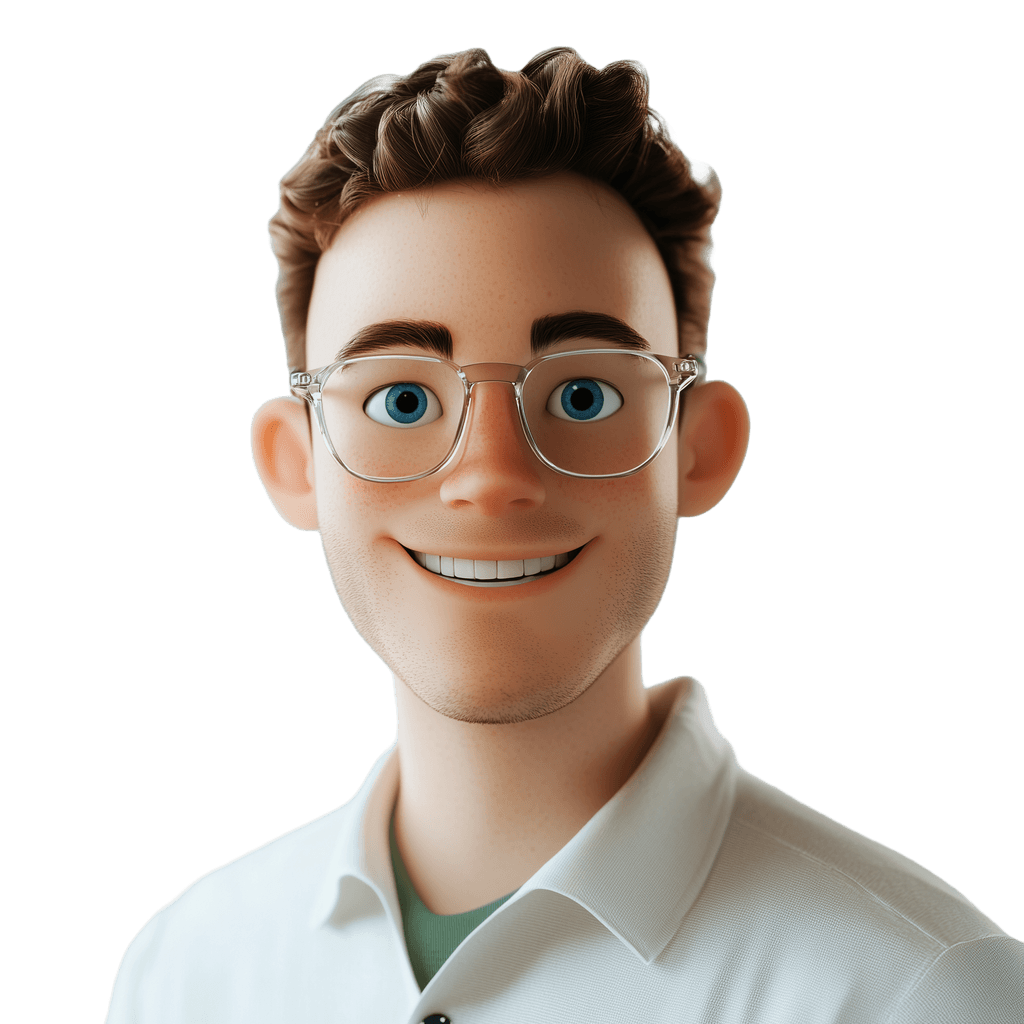productivity
Our Ancestors Would Have Killed For Audiobooks
6 Jun 2025

Sometimes, when on an afternoon walk or a weekend run, I think about how my parents, their parents, and the vast majority of people who have ever lived did not, could not, beam music into their brain through tiny ear inserts. They just walked in silence. Alone with their thoughts. Weird. I find it so strange how we each get to exist in little bubbles, hearing whispers in our ears that no-one else around us can hear. We create the soundtrack for our lives. But the advent of audio streaming via headphones, which transformed music from a social experience to a personal one, also brought with it new media formats - like audiobooks - which have the capacity for some more profound effects on society. I really believe that people who don’t listen to audiobooks are missing out on one of the greatest facilities for enhancing personal development and productivity that exist. And so many are against them for reasons that I can only speculate because I’m not sure they are able to articulate themselves.
The reason why audiobooks are so good is not because the audio format is the perfect vehicle for delivering information. We all learn in different ways anyway and I’m not a particularly strong auditory learner myself so there’s no bias there. It’s simply because reading a physical book involves having two hands free and being relatively still. Which means you can only read when you are reading. Whereas, with an audiobook, you can listen while you cook. While you walk. While you do some household chores. It opens up the world, making all moments learning and development opportunities.
The main criticism I hear against this is people saying “I just don’t take it in”. If this is you, my response to you is firstly to ask you to consider how much you take in and remember whilst reading a physical book and then to realise the delta is likely much smaller than you think even if you didn’t take in much from audiobooks. Secondly I’d say that I think the way our brains work is that we have tentpole datapoints that help us string together and patch in the rest through context. We see this a lot with memory. There is a single focal point to our memory, around which our brain fills in the rest through inference or other data sources. With this system, it’s not so important that you remember everything, simply that you remember enough to be able to piece a learning together from the rest. I think about my favourite books, which are typically a few hundred pages long. When people ask me about them I will normally recite maybe four or five bullet points worth of information that I took from the book. Some of that is because I’ve done a good job of condensing the content, but a lot of it is because there are things I’ve simply forgotten. But each book has left me with a lesson, or in the case of good books a small handful of lessons, that I can take forward. And my point here is that remembering all three hundred pages worth of text is not necessary for that. So as long as you’re getting enough from an audiobook to learn something from it, to take something with you, you’re doing just fine.
Secondly, I’d say that there’s an inherent bias against audiobooks and I think it’s due to them having less perceived prestige than a physical book. If we are really invested in knowledge, and not the appearance of knowledge, we need to get rid of this bias. I think about art from the early modern era, of men posing in front of bookshelves. In that world of artistic symbolism, books equalled intelligence. A man poses in front of his vast collection of books, each book a trophy. This view has been entrenched in culture for centuries, and I really feel it. When I tell people I’ve read a book, and they ask to borrow it, and I reply “I’ve got it on audiobook”, there’s a sense that I haven’t ‘really’ read the book. A slight but very present looking down on the audiobook. I’ve consumed the same knowledge, word for word, but somehow it’s not the same. I think it’s maybe also the virtue signal of showing that you have specifically made the time to sit and read a physical book. That it somehow maybe implies you are living a more refined, cultured existence. Whatever it is, it’s just nonsense. And we need to get over it. The ability to do something else whilst learning, like getting your washing done or running, is an insane productivity gain that we have over all other humans that ever existed until a few decades ago. Don’t let silly things let you think audiobooks are anything other than a gift from above.
And finally, above all else, I’d say that people consider the wrong counterfactual when thinking about listening to audiobooks. They compare it to the ideal book read, where you sit and focus and retain the most possible knowledge and feel fully immersed. But those times are few and far between for busy people. The true counterfactual for audiobooks is doing something else entirely. Because audiobooks don’t even need to compete with reading physicals. They can replace time that was otherwise off limits until these little ear pieces let us beam content into our brains. I don’t think audiobooks are the perfect delivery format for me, but they’re good *enough* and some learning is always better than no learning, which is the alternative.
